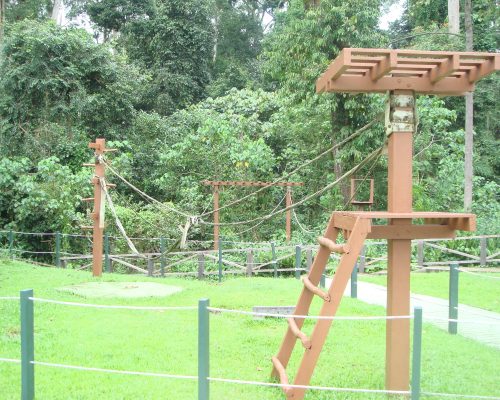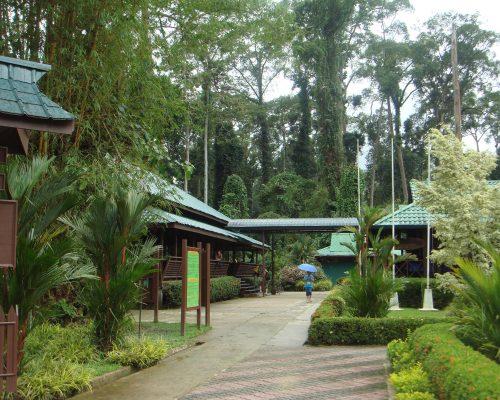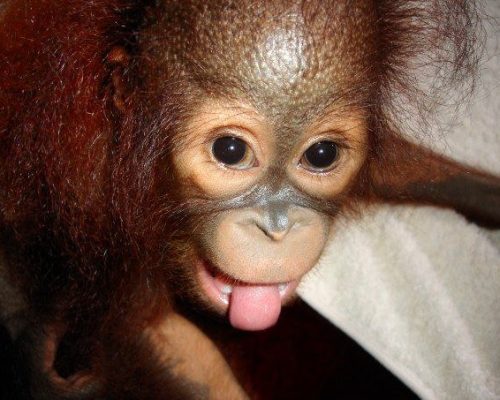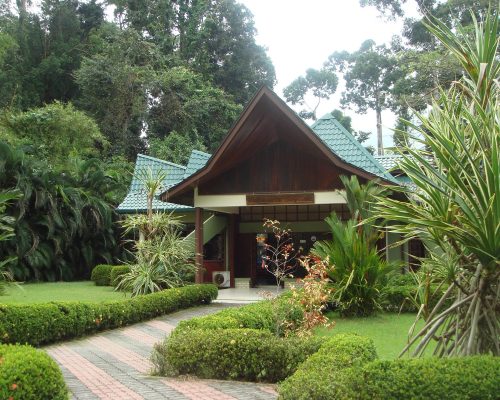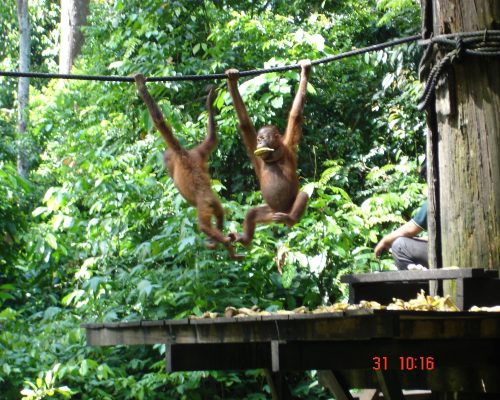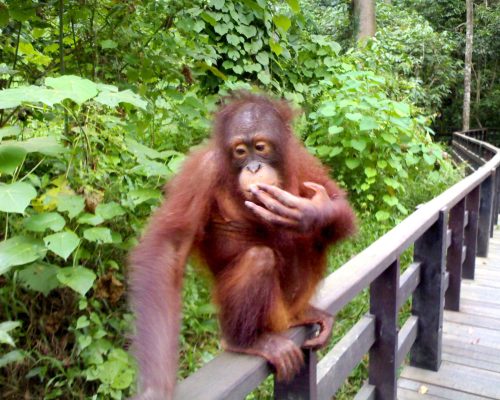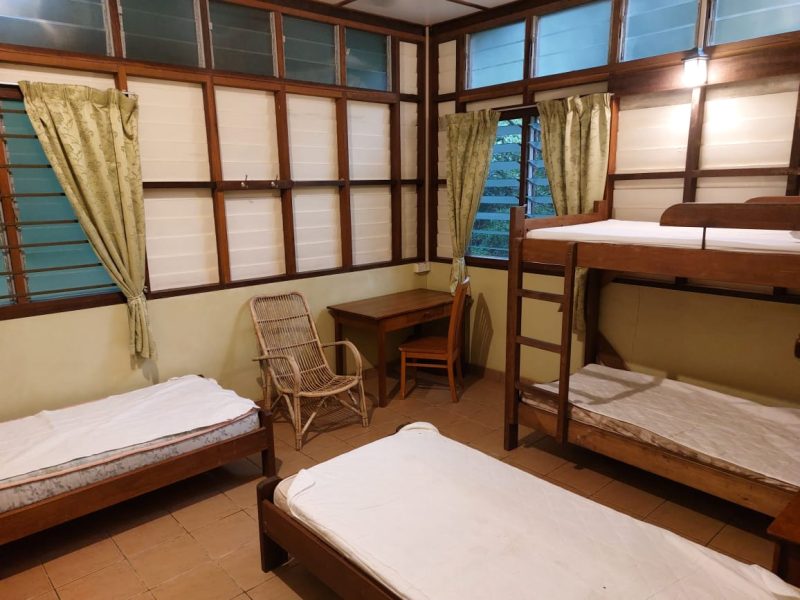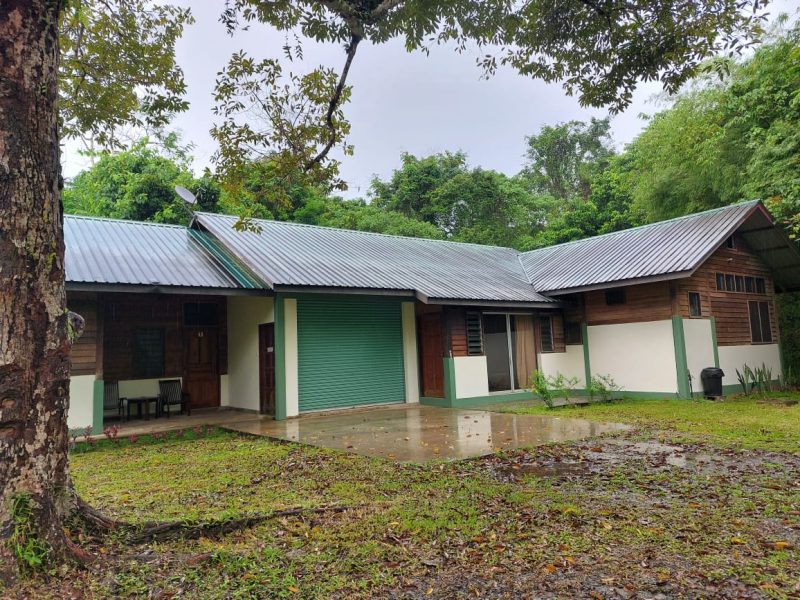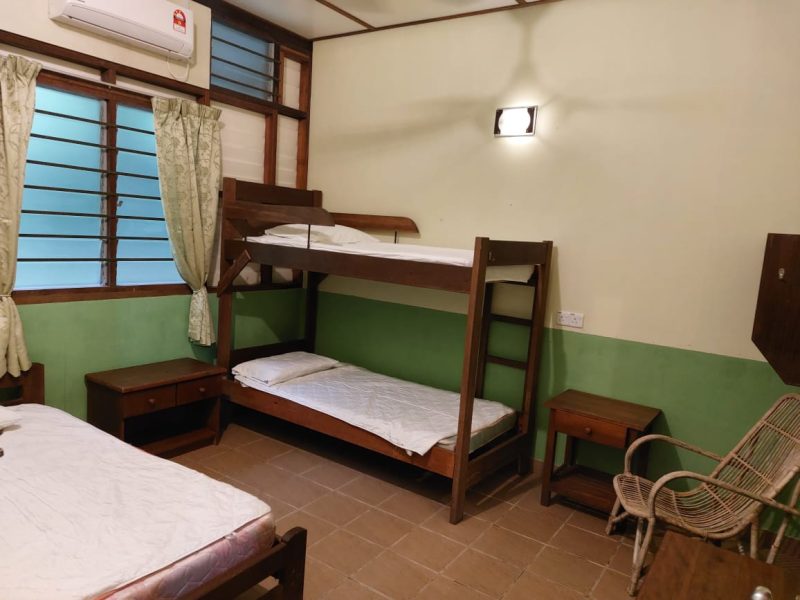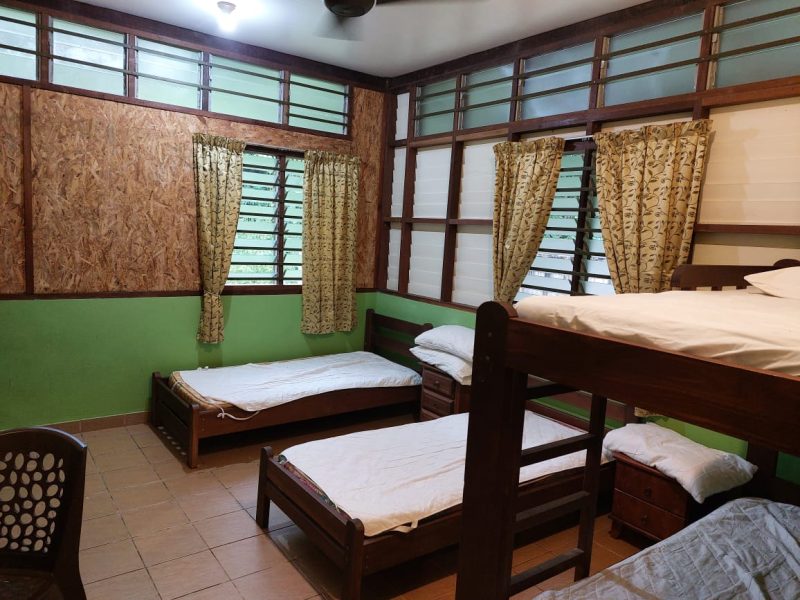WHY we need you in Malaysia
- Malaysia has an accessible public health system but wait times are often long with severe overcrowding
- In 2020, Sabah had the highest rate of people loving below the poverty line at 25.3%
- Deforestation, fires, poaching and the illegal pet trade are all threats to the orangutan population in Malaysia
- In a 2022 study, almost 60 % of households said that they were not at all or partially able to cover their monthly basic needs
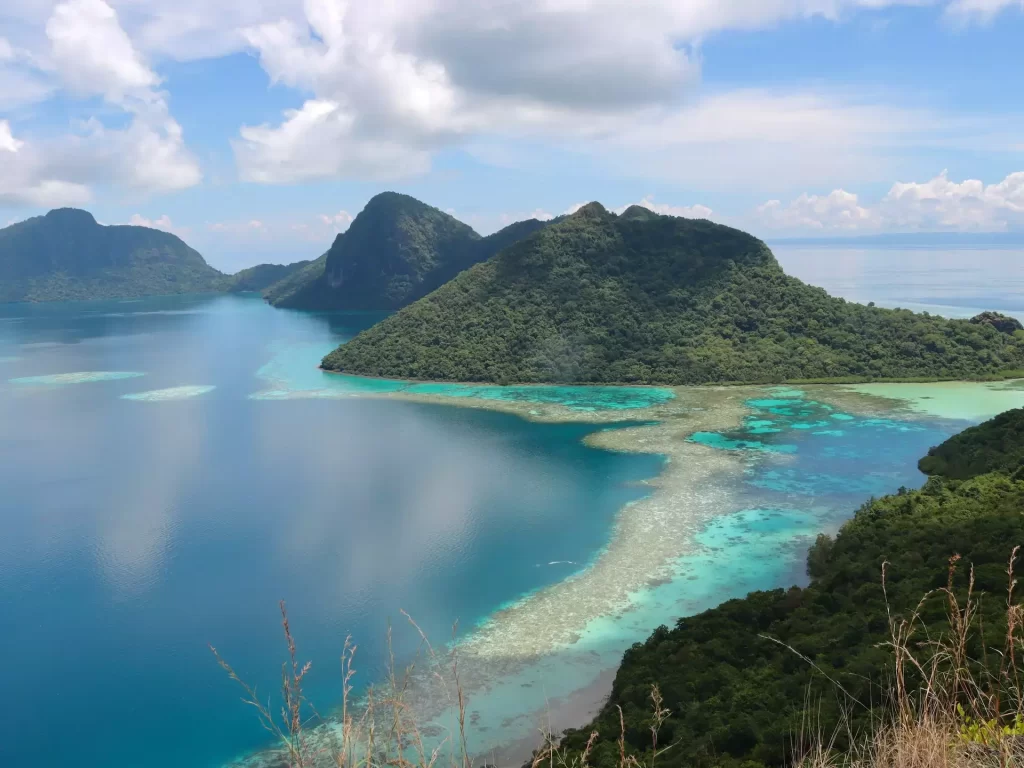
HOW can you help?
- Help with inititives to rehabiliate orangutans
- Protect and care for animals at the santuary
- Increase your skills, expereince and communication
- Join volunteers from around the world!
WHAT can you do?
- Prepare food and feed the orangutans
- Cleaning the indoor areas
- Transfer the orangutans to and from the sleeping and play areas
- Bottle feed the babies and care for the sick and injured
Why Involvement Volunteers International?
- Non Profit Org & Charity with 30+ Years Experience
- Impactful Projects to Choose From
- Social Experiences - Sharing with International Volunteers
- Excellent Safety Record, In-Country 24/7 Support & Emergency Assistance
- 1 Application Fee - Multiple Countries
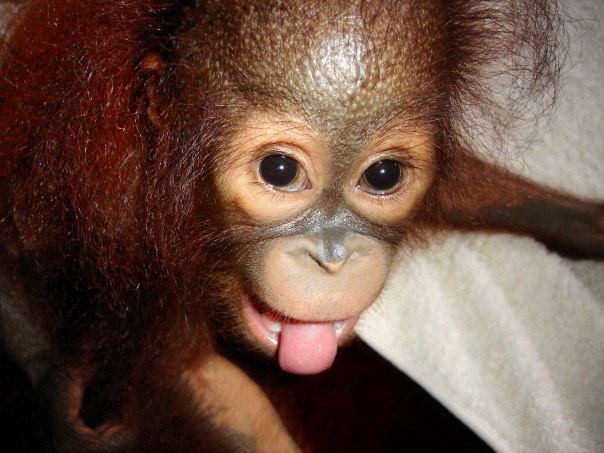
PROJECT NAME: ORANGUTAN CARE & REHABILITATION
LOCATION: SEPILOK, BORNEO
START DATES: 4th MONDAY OF EACH MONTH (see overview below)
ACCOMMODATION: DORM (close to site)
MIN DURATION: 5 WEEKS
MIN AGE: 18+
SPECIAL REQUIREMENTS: First week is mandatory culture/adventure week (for quarantine), vaccinations, CV, travel history (see FAQ below)
Overview
- Please note, the first week of this program is an orientation week, with various fun activities. This acts as a quarantine week, before working with the ornangutans in the second week onwards. The itinerary is divided into two segments. For the first segment, the participants will arrive in Kota Kinabalu, spend the first 2 days in Kota Kinabalu to rest after a long journey and attend an induction by Country Manager, followed by culture and adventure activities in Kiulu for 1 week. For the second segment, beginning of the second week, the participants will be flown to Sandakan and divided into 2 groups to cover both indoor and outdoor areas on 2-week rotational basis.
The work at the orangutan centre is divided between indoor and outdoor areas:
The Indoor Nursery
The indoor area looks after the infant orangutans, aged from a few months to around four years old. The babies stay in the sleeping area.
Tasks may include:
- Transferring infant orangutans from the sleeping cages to the playing cages.
- Cleaning the sleeping area.
- Preparing food for the infants (peeling bananas, making formula milk).
- Feeding the babies with bottled formula drink.
- Distributing bananas to infant orangutans.
- Giving special attention and caring for the sick infants.
- Transferring orangutans back to the sleeping cages.
- Cleaning the indoor nursery area.
NOTE: Volunteers may have the chance for being ‘hands-on’ with the orangutans, however, a strict policy of minimum human contact is applied – this is to reduce the humanisation of the orangutans. Too much human contact will obstruct the rehabilitation process.
The Outdoor Nursery
The outdoor area is home to the adolescents, generally aged between five and eight years old. These orangutans are fed at the nursery and on the tourist platform. The food is given at various platforms to ensure they learn to search for their food. This ensures the orangutans do not become reliant on food being at a particular platform each day.
Tasks may include:
- Collecting bananas from the storeroom and taking them via wheelbarrow to the nursery.
- Sweeping leaves from surrounding paths and cleaning the nursery area.
- Feeding the orangutans at the outdoor nursery.
- Assisting the rangers by carrying bananas to the tourist platform (done twice daily)
- Filling in observation sheets on orangutans that attended the feeding platform.
- When working in the outdoor area, you will be able to observe the orangutans in their natural surroundings.
For this program it is required that you must:
- Have a genuine interest in wildlife/orangutan conservation
- Be between the ages of 18 and 50 without immobility
- Be proficient in English, regardless of their nationalities
- Submit your CV and 5 year travel history
- Received vaccinations against TB, Hepatitis, Tetanus, Rabies (this is for the protection of the orangutans)
- Attend mandatory quarantine of 7 days (this is included in the first week of your program, which is similar to a culture/adventure week)
- Wear Masks And Gloves everyday at work
Location
Our programs are located on the island of Borneo, and most within the Sabah region, a state in East Malaysia which borders with Sarawak to the southwest and Kalimantan, which is the Indonesian part of Borneo, to the south. Sabah is a beautiful place, known for its lush rainforests, beaches and mountainous regions. Sepilok is a small village located in the Malaysian part of Borneo, famous for its orangutan rehabilitation centre. Sepilok is also known for its rainforest discovery centre (RDC), where visitors can explore the lush forest, learn about conservation efforts, and spot various flora and fauna, including monkeys, birds, and insects.
Project Tasks
Spread awareness about orangutan extinction
Conserve their habitat, providing help and support for the injured and rescued orangutans
Help with daily care at the centre
Food & Accommodation
Accommodation is at a hostel-style accommodation (3-4 people sharing) and located about 16km from Sandakan Airport and about about a 15-20 minutes walk from Sepilok Orangutan Rehabilitation Centre. The accommodation offers free WiFi, mosquito protection, fans, hot showers, a kitchenette (no cooking is allowed as the facility is only for making coffee and tea), a small fridge (to store your food and beverages), a common room with a TV, and some shared public facilities such as a restaurant that serves continental breakfast every morning and a lush garden.
You will get 3 meals a day during weekdays and 2 meals on weekends. Typical dishes include white rice served with meat or chicken or fish dishes (cooked in sauces like sweet & sour, dark soya, mild curry, etc.) and a vegetable dish. The kitchen can also cater for vegans but you MUST inform us when you can eat. Breakfasts are varied, including toast, egg-dish, fresh fruit, and coffee & tea. Tea, coffee and purified water is available at the house. We do not recommend that you drink water straight from the tap.
Specialty
Projects
- Orangutan Rehabilitation
-
1 Week - N/A
-
2 Weeks - N/A
-
3 Weeks - N/A
-
4 Weeks - N/A
-
5 Weeks - $3506
-
2 Months - $5550
-
3 Months - $8295
What's Included
-
Accommodation
-
Meals
-
Airport Pickup
-
Local Transportation
-
1 Day Orientation
-
24/7 In-Country Support
-
Project Materials & Equipment
-
Pre-departure Expert Advice
-
Preperation Tools & Checklists
-
Certificate of Completion
- Application fee is one off per person (unlimited placements)
- Click Here to convert the below prices to your local currency
- Discounts may apply if travelling in a pair or group!
- All credit card /international fees included in below pricing! 🙂
FAQ
If you love wildlife and don’t mind mucking in and a bit of hard work, this program is perfect for you!
- Accommodation
- 3 meals p/day & 2 p/day at weekends
- Arrival airport transfer (Sat/Sun arrivals)
- Filtered drinking water, coffee & tea
- 1 day orientation
- Daily transportation to project
- In country 24/7 support & emergency assistance
- Fundraising support
- University course credits (where applicable)
- Certificate of Completion
- Airfares
- Travel Insurance
- Tours, Souvenirs & spending money
The first week of the program includes a mandatory culture week, which acts as a quarantine. The quarantine of 7 days was introduced when the program started in 2004, because the orangutans are susceptible to the human flu virus. The incubation period of the flu virus is about 5-6 days, which is why the centre wants the volunteers not to be doing any major (long-distance) travelling a week before they start the project.
This is still a fun week, with activities and explorations (please see the typical day section for full schedule).
On the Monday of your first week volunteering, you will join our orientation day, to familiarize you with the surroundings as well as local culture. Your program will continue as usual from Tuesday onward throughout the rest of the week. You will join a briefing on Roles & Responsibilities.
Programs begin every Monday, and volunteers are required to arrive the day prior, for orientation before the project. Your accommodation on the Sunday is included in the program fees.
A free airport pickup is included when arriving to Sandakan Airport. You must arrive between the hours 08:00 to 18:00 on Sunday.
If arriving outside the pickup times, there will be an additional fee for any extra nights and a private transfer.
Alternatively, if arriving early you could wait at the arrival’s terminal for the pickup time, book accommodation at the airport and meet us during the pickup times or make your own way to the project (we will advise on how to do this).
Week 1
Sunday
Arrive at Kota Kinabalu Airport. Transfer to Kota Kinabalu. Check into Signal Hostel. Enjoy lunch or light refreshment before a short walk to be shown nearby facilities – i.e. pharmacy, ATM, shopping centre, phone shop
After having packed dinner, spend the night at the hostel.
Monday
Induction by Country Manager
Go through the schedule, Q&A
Tuesday
After breakfast, by 0800am transfer to Kiulu for 4D3N to experience CAN of Borneo 0900am: ETA at the Rantau Camp Site
0930am: Demonstration of cooking traditional dishes
1200pm: Lunch with the locals
0130pm: Set up sleeping area – camping equipment will be provided
0230pm: Village Tour
0430pm: Free & Easy – volunteers can unpack and explore the surrounding areas 0630pm: Dinner with local community
0700pm: Traditional Dance Performance – volunteers will join in
0900pm: Rest
Wednesday
0700am: Breakfast
0800am: Demonstration of making traditional handicrafts
1000am: Start trekking to Kiulu Rainforest Park
1130pm: ETA at the park. Learn about medicinal plants and experience canopy walk
0230pm: Learn how to prepare local coffee
0400pm: Return to the camping site
0630pm: Dinner
0730pm: Sharing & review session
0900pm: Rest
Thursday
0700am: Breakfast
0800am: Gear up for White Water Rafting activity
0900am: Attend safety briefing conducted by the rafting guides
1230pm: Lunch by the river
0200pm: Attend safety briefing conducted by the Zipline instructor 0330pm: Return to the camping site
0630pm: Dinner
0730pm: Campfire. Sharing & review session
0900pm: Rest
Friday
0700am: Breakfast
0800am: Cleaning and pack things up
1000am: Transfer to Kota Kinabalu city
Packed Lunch & Packed Dinner
Saturday
Rest Day
Breakfast & Packed Dinner. You may go for island hoping (optional)
Week 2 and onwards
Sunday
After breakfast, transfer to KKIA to catch flight to Sandakan
Then transfer from Sandakan Airport to Sepilok
Enjoy refreshment/lunch in a local restaurant
Make several stops to purchase i.e. Wellington Boots, Gloves, Mask Dinner & Overnight at Sepilok Accommodation
Monday
Induction & Training at the Orangutan Centre
Tuesday to Friday
Working at Orangutan Centre
Saturday & Sunday
Rest Day
Breakfast & Dinner
Overnight at Sepilok accommodation
***This schedule can be changed and/or amended depending on weather conditions, local conditions and unforeseen circumstances.***
Things to do in West Malaysia…
- Visit the Petronas Twin Towers in Kuala Lumpur: These iconic towers are the tallest twin towers in the world, and offer stunning views of the city.
- Explore the Batu Caves: These caves are a popular Hindu shrine, featuring a massive golden statue and many colourful temples.
- Visit the historic city of Malacca: This UNESCO World Heritage Site is home to many historic buildings and museums, showcasing the city’s rich cultural heritage.
- Go island-hopping: West Malaysia is home to many beautiful islands, such as Langkawi, Penang, and Tioman, which are perfect for snorkelling, swimming, and sunbathing.
- Try the local food: Malaysia is famous for its delicious cuisine, and trying local dishes such as nasi lemak, char kway teow, and laksa is a must-do activity.
Things to do in East Malaysia (Borneo):
- Climb Mount Kinabalu: This majestic mountain is the highest peak in Southeast Asia and attracts thousands of climbers every year.
- Explore the Borneo Rainforest: East Malaysia is home to some of the oldest rainforests in the world, teeming with diverse wildlife and fascinating plant life.
- See the Orangutan: East Malaysia is one of the few places in the world where you can see these fascinating primates up close in their natural habitat.
- Relax on the beaches of Sabah: Sabah is home to many beautiful beaches, such as Sipadan and Layang-Layang, which are perfect for swimming, snorkelling, and sunbathing.
- Experience the cultural diversity: East Malaysia is home to many indigenous tribes, such as the Iban, Kadazan-Dusun, and Murut, each with their own unique customs and traditions. Exploring their cultures can be a truly enriching experience.
- Have a genuine interest in wildlife/orangutan conservation
- Be between the ages of 18 and 50 without immobility
- Be proficient in English, regardless of their nationalities
- Submit your CV and 5 year travel history
- Received vaccinations against TB, Hepatitis, Tetanus, Rabies (this is for the protection of the orangutans)
- Attend mandatory quarantine of 7 days (this is included in the first week of your program, which is similar to a culture/adventure week)
- Wear Masks And Gloves everyday at work
Malaysia, a country in Southeast Asia formerly known as British Malaya and later as the Federation of Malaya. It is comprised of two regions separated by the South China Sea.
Peninsular Malaysia, also known as West Malaysia, is located on the Malay Peninsula and shares borders with Thailand in the north and Singapore in the south. Malaysian Borneo, also known as East Malaysia, is situated on the northern part of the island of Borneo, which is the third largest island in the world and part of the Malay Archipelago (Greater Sunda Islands). East Malaysia shares borders with Indonesia and surrounds the Sultanate of Brunei. Malaysia also has maritime borders with the Philippines and Vietnam.
The country’s total area covers 329,847 km², making it slightly larger than Norway or somewhat larger than the U.S. state of New Mexico. The highest peak is Mount Kinabalu (4,095 m) located in Sabah state on the island of Borneo. This mountain and the surrounding Kinabalu Park are designated as a UNESCO World Heritage Site.
As of 2021, Malaysia’s population is approximately 33 million people. Kuala Lumpur is the largest city and the national capital. The official languages spoken are Malay, English, Tamil, and Chinese (Cantonese). The official religion in Malaysia is Islam, with approximately 60% of the population practicing the Muslim faith and 20% practicing Buddhism.
Peninsular Malaysia and East Malaysia are situated in the same tropical latitudes, thus experiencing a similar climate. Expect high temperatures, high humidity, and frequent heavy rainfall throughout the year, with a climatic pattern that revolves around the northeast and southwest monsoons. There are typically four seasons, the northeast monsoon (which occurs from November or December until March), the first inter-monsoon (from March to April or May), the southwest monsoon (which takes place from May or June to September or early October), and the second inter-monsoon (from October to November). The start and end of these two monsoons are not clearly defined. The best time to visit Malaysia is commonly between December to April.
Across the whole of Sabah, the ethnic groups and indigenous tribes (such as Dusun, Murut Rungus, Bajau, Kadazan) account for over half of the population. There are also immigrant communities such as the Chinese, Indian, Filipinos and Indonesians – Sabah is a real multicultural society. The official language is Bahasa Malaysia, but due to the fusion of religious and ethnic groups, English is widely spoken.
In Malaysia, extended families commonly reside together, and elderly members are held in high esteem. Parents prefer to be involved in their children’s decision-making process. In Malaysian households, cooperation and loyalty are highly valued. Young married couples typically reside near their parents, while unmarried adults remain with their parents until marriage.
30 Years Non Profit Experience
IVI is an Australian charity & non profit organisation founded in 1989 and is one of the pioneers of overseas volunteering successfully placing over 20,000 volunteers globally.
Affordable Volunteer Travel
We’re not motivated by shareholder profits. Our fees are fully transparent to ensure maximum benefit where it is most needed.
Safe & Responsible Projects
All projects include a dedicated 24/7 in-country management team, operational & risk assessment & overseas support contact. All projects are personally inspected to ensure very high quality.
Work Experience & University Credits
We place thousands of Uni students and can assist you with course credits and in-field experience points. Many of our project coordinators are qualified practitioners in their respective fields allowing unique in-field supervision and Uni accreditation options
Check out this amazing blog with step by step info on how to raise funds for your overseas volunteer experience to help maximize your impact abroad. Guide to Fundraising
Weekends & Extra Tours
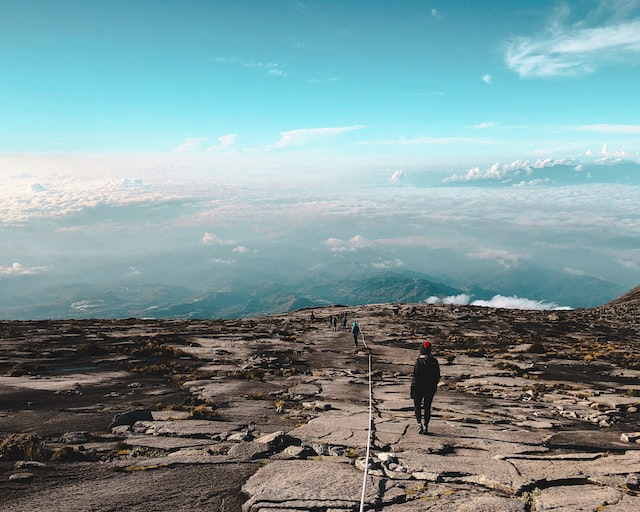
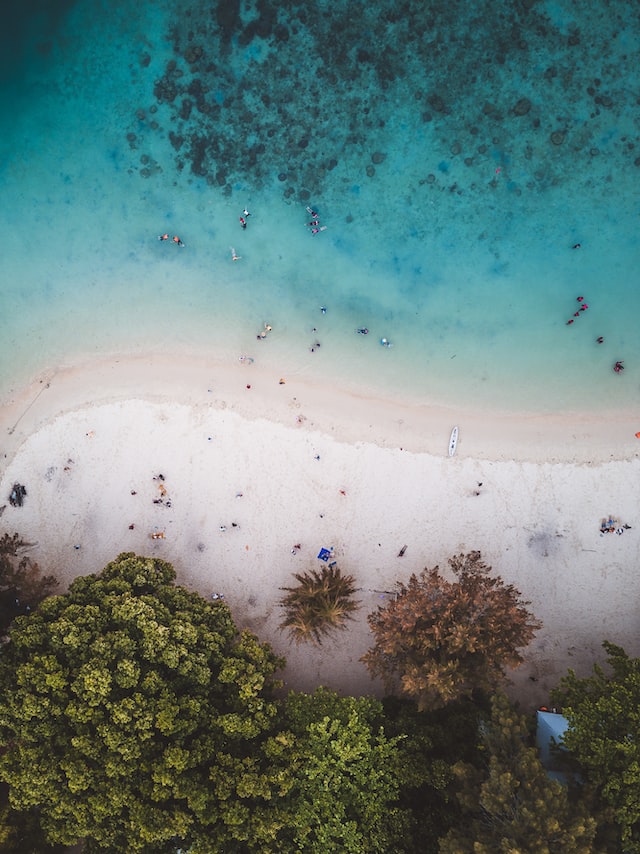
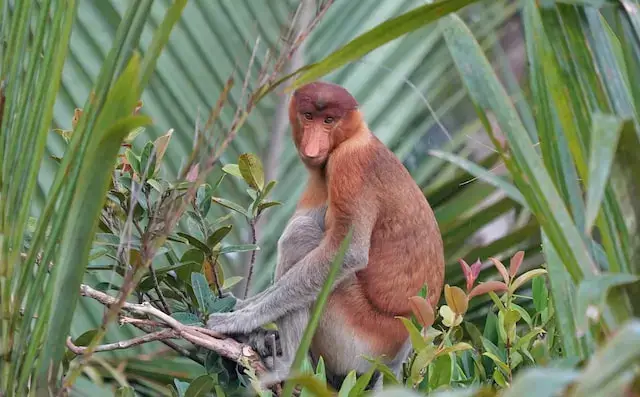
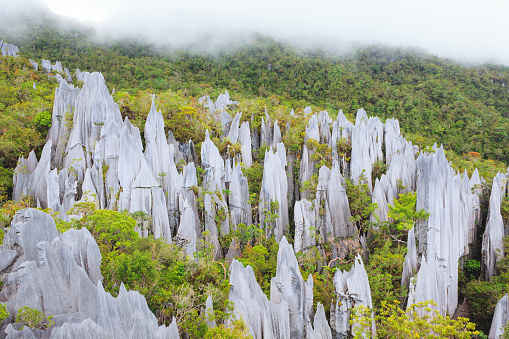
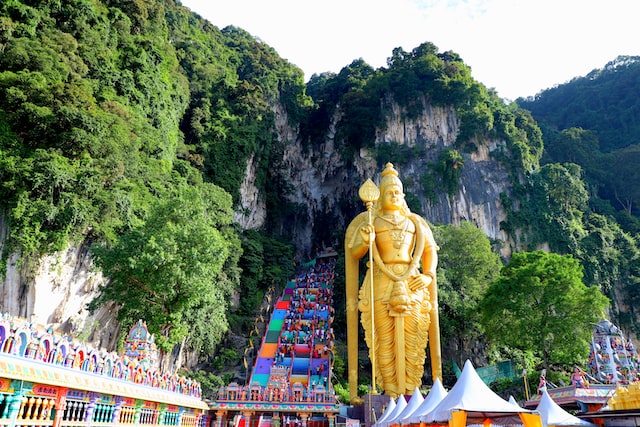
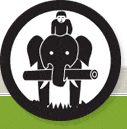 Involvement Volunteers International
Involvement Volunteers International 